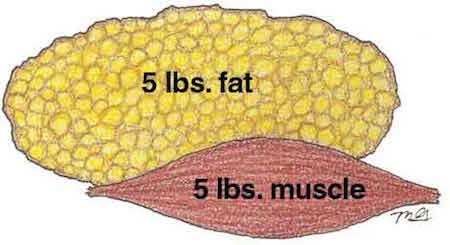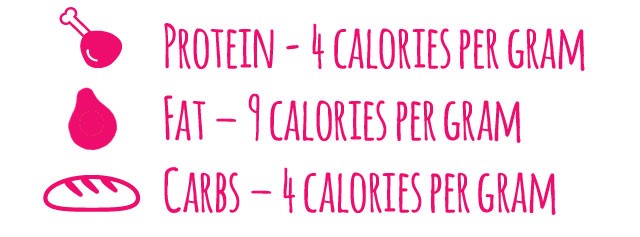Why does my weight fluctuate?
Do you ever wonder why your weight fluctuates and what it is made up of? CEO of CNU FIT, Evans Armantrading Jr., explains the two types of masses that equal our total body weight, why our body weight fluctuates, and what is the accurate way to measure body fat percentage.
OVERVIEW
What is total body weight?
Your total body weight consists of two types of masses, which are categorized as lean and fat. Fat mass is the “squishy” stuff that you would like to get rid of and lean mass is made up of your muscle and water retention. It is understood that your total body weight is equal to lean mass plus fat mass.
“TOTAL BODY WEIGHT = LEAN MASS + FAT MASS”

What is the difference? (Lean Body Mass VS. Fat Mass)
The terms “fat mass” and “lean body mass” are used to describe body composition. Though, they can be interchangeable, they are completely different. Lean mass includes fat that acts as fuel for energy production.
Your lean mass is made up of so many parts. It is a combination of the internal organs, muscles, water, bones, ligaments, and tendons. Lean mass tends to grow at a slower rate for individuals who have been exercising over a period of time. While, for individuals who are under 30 and new to exercise, the rate increases by 4-8lbs within a month.
Lean Body mass is the amount of weight you carry on your body that is not fat. Therefore, one pound of fat equals 3500 calories and about 15% of your calories are converted to breakdown fat. Fat can affect whether or not you lose weight and your body composition percentage. It is important to remember that your body burns carbs first, followed by fat and protein. There is not a scientific proof of how much of which macronutrient that your body burns, but we do know how many calories are equal to each protein, carb, and fat.

As a result, your weight fluctuates.
Your weight fluctuation depends on what your body is doing at that period of time. The variables that affect your body weight are the volume of food, water retention, sleep, and digestion. Due to these variables, your weight will fluctuate throughout the day and cause the scale number to increase up or down. Do not fret, this is normal! Short term fluctuations in bodyweight are caused by factors irrelevant to your long term process. The scale is an excellent measure of progress in the long term, but cruel, so it is best to get your body composition measured.
Measuring Body Composition
Despite the fluctuations and fear of the scale, it is normal for your weight to slightly increase. Due to this increase on the scale, it is hard to know whether or not you have gained fat mass or lean mass. So in order to get an accurate read on your body composition, it is best to measure this data.
There are different techniques used to measure body composition. Simpler and less expensive methods of determining body composition include using skin-fold calipers, body mass index, BMI, and tape. These methods may be readily available and affordable however they are not reliable. We at CNU FIT use the ultrasound method which is more accurate, quicker, and detailed.




